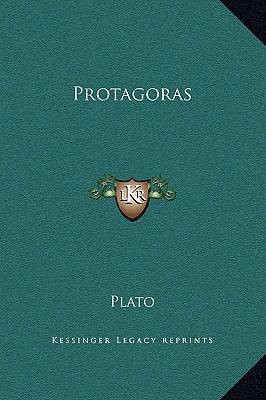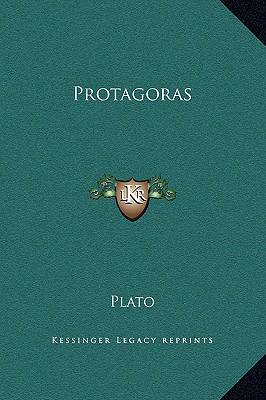
- Retrait gratuit dans votre magasin Club
- 7.000.000 titres dans notre catalogue
- Payer en toute sécurité
- Toujours un magasin près de chez vous
- Retrait gratuit dans votre magasin Club
- 7.000.000 titres dans notre catalogue
- Payer en toute sécurité
- Toujours un magasin près de chez vous
Description
Protagoras is a philosophical dialogue written by Plato in the 4th century BCE. The dialogue takes place between Socrates and Protagoras, a renowned sophist, or teacher of rhetoric and persuasion. The main theme of the dialogue is the nature of virtue and its teachability.The dialogue begins with Socrates meeting Hippocrates, a young man who is eager to learn from Protagoras. Socrates questions Hippocrates about his intentions, and they eventually go to Protagoras' house to meet him. Socrates and Protagoras engage in a dialogue about the nature of virtue, with Protagoras arguing that virtue can be taught, and Socrates arguing that it cannot.The dialogue also explores the concept of relativism, as Protagoras argues that truth is subjective and varies from person to person. Socrates challenges this idea and argues for an objective truth that can be discovered through reason and inquiry.Throughout the dialogue, Socrates uses his trademark method of questioning, called the Socratic method, to challenge Protagoras' arguments and beliefs. The dialogue ends with Protagoras conceding that Socrates has made some valid points, but ultimately maintaining his belief in the teachability of virtue.Protagoras is considered one of Plato's most important dialogues, as it explores key philosophical concepts such as virtue, relativism, and the nature of knowledge. It also provides insight into the ancient Greek practice of sophistry and its role in society.COMPANION: Where do you come from, Socrates? And yet I need hardly ask the question, for I know that you have been in chase of the fair Alcibiades. I saw him the day before yesterday; and he had got a beard like a man, --and he is a man, as I may tell you in your ear. But I thought that he was still very charming.This scarce antiquarian book is a facsimile reprint of the old original and may contain some imperfections such as library marks and notations. Because we believe this work is culturally important, we have made it available as part of our commitment for protecting, preserving, and promoting the world's literature in affordable, high quality, modern editions, that are true to their original work
Spécifications
Parties prenantes
- Auteur(s) :
- Editeur:
Contenu
- Nombre de pages :
- 74
- Langue:
- Anglais
Caractéristiques
- EAN:
- 9781169222847
- Date de parution :
- 10-09-10
- Format:
- Livre relié
- Format numérique:
- Genaaid
- Dimensions :
- 178 mm x 254 mm
- Poids :
- 353 g







